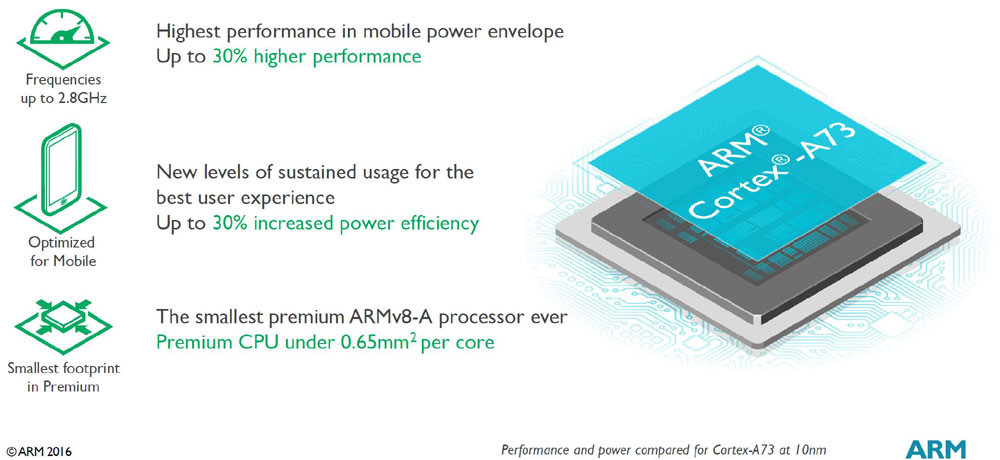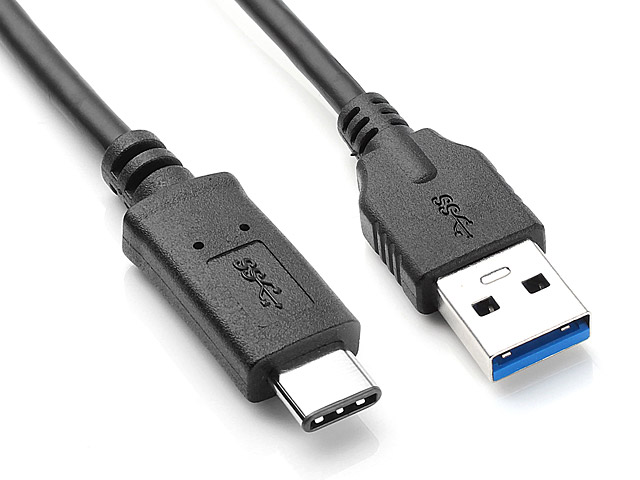
After years of trying, Intel is finally ready to give up on the smartphone market. The company has sold its Atom chips to OEMs at very low prices, or in some cases, even paid the OEMs to use the chips in their smartphones.
However, despite numerous attempts over the past few years, Intel has not been able to make significant inroads into the smartphone market. Now, after burning through billions of dollars and with the smartphone market slowing down, Intel has finally decided to exit the smartphone business — atleast for now. The company has announced that it has canceled plans to launch its upcoming Broxton and SoFIA products, its new chips targeted towards smartphones and tablets.
Interestingly, the statement from Intel says that it will be increasing its investment in wired and wireless communications technology. Intel had acquired VIA telecom in October 2015 that provided it with access to patents and technology related to CDMA networks. The chipmaker is widely expected to supply modem to Apple for the iPhone 7 this year, which if true, will be a huge win for the company.
Intel delivers a broad range of computing and connectivity technologies that are foundational to this strategy and that position us well to lead the end-to-end transition to 5G. Our connectivity strategy includes increased investment in wired and wireless communications technology for connecting all things, devices and people to the cloud, and to power the communications infrastructure behind it. We re-evaluated projects to better align to this strategy.
The problem with Intel’s Atom chipsets for smartphones and tablets was that they were always behind in terms of performance, power efficiency or features compared to chips from Qualcomm and MediaTek. The GPUs, especially, were very underpowered which is why most OEMs shied away from using Intel’s chips in their devices.
[Via AnandTech]

















